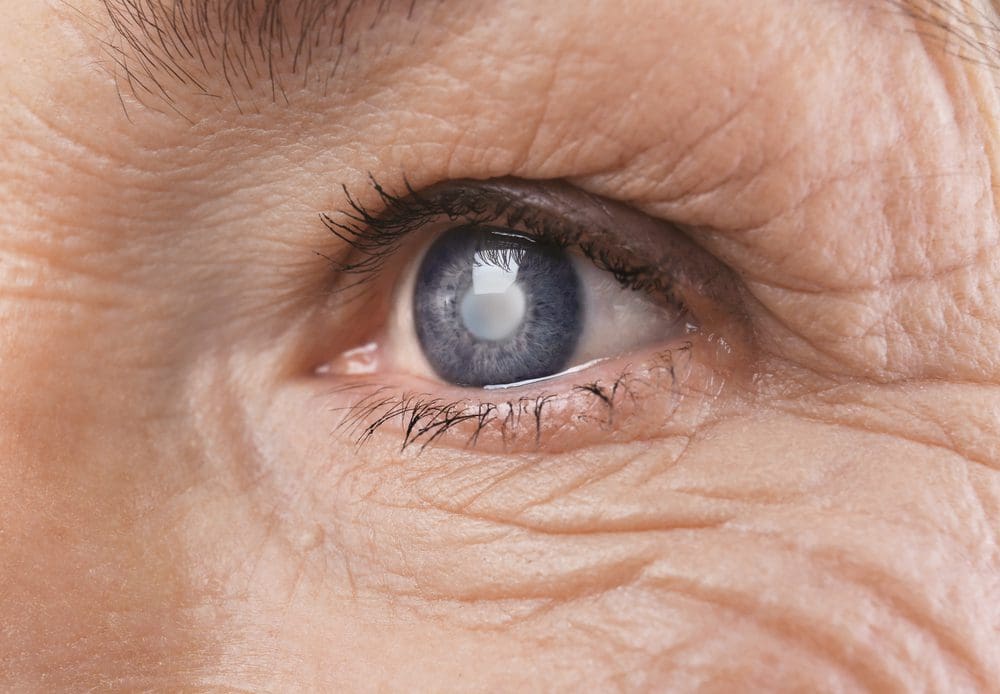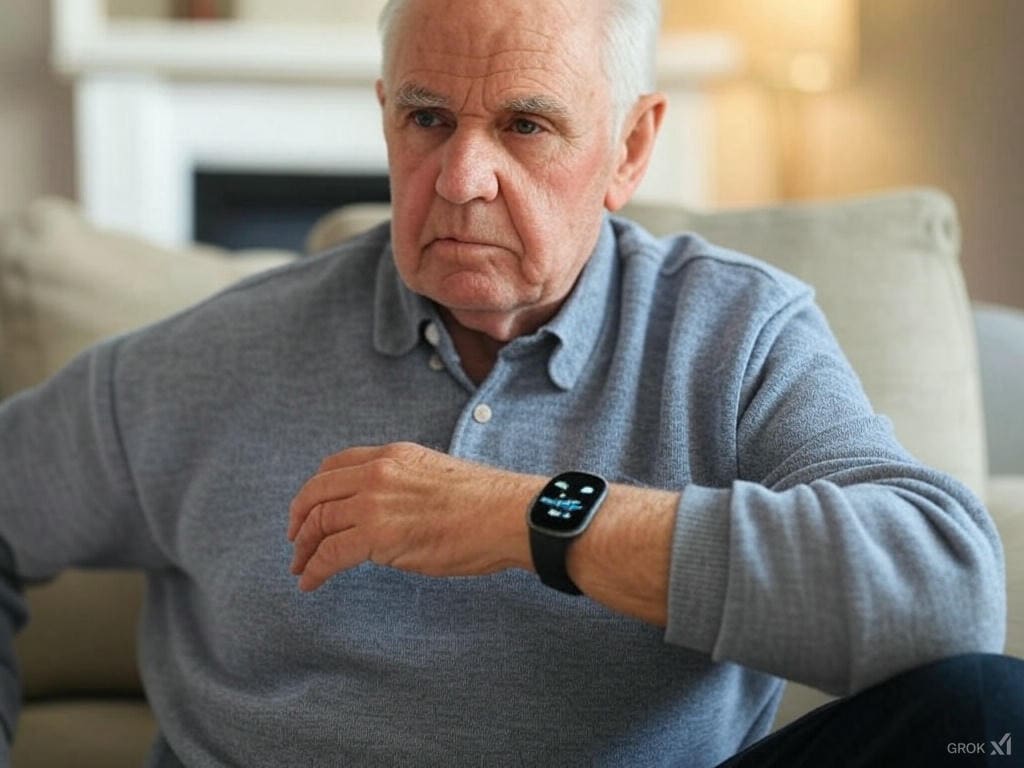
When it comes to health scans for over 50s, many people wonder whether going private is truly worth the cost—especially with NHS options available. While the NHS offers essential screenings like bowel, breast, and AAA checks for free, waiting times and eligibility criteria can be limiting.
Private scans, on the other hand, offer faster appointments, broader access to diagnostic tests, and more personalised care. From prostate mpMRI to full-body cardiac imaging, private clinics often use the latest technology with results delivered quickly. This guide compares NHS vs private scan options for over 50s, helping you understand when it’s worth paying for peace of mind—and when the NHS has you covered.
As we age, proactive health screening becomes increasingly important for identifying early signs of disease and maintaining long-term well-being. In the UK, several scans and diagnostic tests are especially relevant for individuals over 50.
Here is a breakdown of the most important scans for over 50s, their purpose, technologies used, who should consider them, and their benefits—followed by a cost comparison across major UK regions.
1. Abdominal Aortic Aneurysm (AAA) Screening
-
Purpose: Detects swelling or bulging of the abdominal aorta, which can rupture if left untreated.
-
Recommended For: Men aged 65+, and those over 50 with family history or smoking history.
-
Technology: Ultrasound.
-
Benefits: Reduces risk of death from ruptured aneurysm by up to 50%.
2. Breast Screening (Mammograms)
-
Purpose: Identifies early-stage breast cancer before symptoms appear.
-
Recommended For: Women aged 50–70 (can request continuation beyond 70).
-
Technology: X-ray mammography.
-
Benefits: Saves approximately 1,300 lives annually in the UK.
3. Bowel Cancer Screening
-
Purpose: Detects hidden blood in stool, often a sign of polyps or bowel cancer.
-
Recommended For: Men and women aged 50–74 (NHS kits every 2 years).
-
Technology: Faecal immunochemical test (FIT) and follow-up colonoscopy.
-
Benefits: Early detection increases survival rates significantly.
4. Bone Density Scan (DEXA)
-
Purpose: Assesses bone density to diagnose osteoporosis or fracture risk.
-
Recommended For: Adults over 50, especially postmenopausal women or men with risk factors.
-
Technology: Dual-energy X-ray absorptiometry.
-
Benefits: Early treatment can prevent fractures and improve mobility.
5. Diabetic Eye Screening
-
Purpose: Detects diabetic retinopathy, a major cause of blindness in diabetics.
-
Recommended For: Individuals with type 1 or 2 diabetes (yearly).
-
Technology: Digital retinal photography.
-
Benefits: Early detection helps prevent permanent vision loss.
6. Prostate mpMRI Scan
-
Purpose: Detects prostate abnormalities and cancer in greater detail.
-
Recommended For: Men over 50 with high PSA levels or urinary symptoms.
-
Technology: Multiparametric MRI (combines different types of MRI imaging).
-
Benefits: Reduces unnecessary biopsies and improves diagnostic accuracy.
7. ECG and Cardiac Imaging
-
Purpose: Evaluates heart function and detects arrhythmias or coronary artery disease.
-
Recommended For: Individuals with chest pain, shortness of breath, or irregular heartbeat.
-
Technology: ECG, echocardiogram (Echo), cardiac CT or MRI.
-
Benefits: Early diagnosis can prevent heart attacks or heart failure.
Additional Health Checks Worth Considering
-
Eye exams: Glaucoma, cataracts, and macular degeneration.
-
Cholesterol tests: To assess cardiovascular risk.
-
Lung scans: Especially for smokers or those at high risk for lung cancer.
READ MORE: Cholesterol Levels for Over 50s: What you Need to Know
Private vs NHS Scans for Over 50s: What’s Worth Paying For?
When it comes to health scans for over 50s, many people wonder whether going private is truly worth the cost—especially with NHS options available. While the NHS offers essential screenings like bowel, breast, and AAA checks for free, waiting times and eligibility criteria can be limiting. Private scans, on the other hand, offer faster appointments, broader access to diagnostic tests, and more personalised care. From prostate mpMRI to full-body cardiac imaging, private clinics often use the latest technology with results delivered quickly.
This guide compares NHS vs private scan options for over 50s, helping you understand when it’s worth paying for peace of mind—and when the NHS has you covered.
Comparison Table: NHS vs Private Scans for Over 50s
| Scan Type | NHS Availability | Private Option | Private Benefit | When It’s Worth Paying |
|---|---|---|---|---|
| Abdominal Aortic Aneurysm (AAA) | Free at age 65 (men only) | £45–£185 | Available earlier or outside standard age bracket | If you’re under 65 or at-risk but not eligible on NHS |
| Breast Screening (Mammogram) | Every 3 years, women aged 50–70 | £210–£299 | Faster results; option to screen before 50 or after 70 | If under 50, over 70, or want annual screening |
| Bowel Cancer Screening | Biennial FIT test, ages 50–74 | £91 (FIT) or £2,090+ (Colonoscopy) | Immediate access to colonoscopy or advanced screening | For peace of mind, symptoms, or family history |
| Bone Density Scan (DEXA) | Only if referred due to symptoms or risk | £145–£150 | No referral needed; faster access | If you’re at risk or want early osteoporosis check |
| Diabetic Eye Screening | Annual for diagnosed diabetics | From £35 (basic) to £825 (specialist package) | Specialist-led, quicker appointments | If you want advanced checks or faster results |
| Prostate mpMRI | After elevated PSA or GP referral | £650–£745 | Immediate imaging without long waits | With raised PSA or symptoms, and seeking fast answers |
| ECG & Cardiac Imaging | Referral-based; can involve long waits | £75–£480+ | Immediate cardiac health check without referral | For chest pain, irregular heartbeat, or family history |
Key Takeaways:
-
Use the NHS for routine, age-based screenings like bowel, breast, and AAA scans—if you’re within the age and risk categories.
-
Go private if:
-
You want faster results.
-
You fall outside the NHS eligibility (too young, too old, or asymptomatic).
-
You want a second opinion or peace of mind.
-
You’re managing a known condition and want extra monitoring.
-
Private Scan Costs Across UK Regions (2025)
The following chart outlines approximate private costs of scans for over 50s across 8 key UK cities. Prices may vary based on provider, technology used, and whether consultations are included.
| Scan Type | London | Manchester | Birmingham | Leeds | Glasgow | Bristol | Edinburgh | Liverpool |
|---|---|---|---|---|---|---|---|---|
| AAA Ultrasound | £129–£139 | £45–£185 | £120–£150 | £120–£150 | £100–£140 | £120–£150 | £100–£140 | £120–£150 |
| Breast Screening (Mammogram) | £210–£299 | £210–£299 | £210–£299 | £210–£299 | £200–£250 | £210–£299 | £200–£250 | £210–£299 |
| Bowel Cancer Screening (Colonoscopy) | From £2,090 | From £2,090 | From £2,090 | From £2,090 | From £2,000 | From £2,090 | From £2,000 | From £2,090 |
| Bone Density Scan (DEXA) | From £150 | From £150 | From £145 | From £145 | From £145 | From £145 | From £145 | From £145 |
| Diabetic Eye Screening | From £825 | From £35 | From £50 | From £50 | From £50 | From £50 | From £50 | From £50 |
| Prostate mpMRI | From £745 | From £650 | From £650 | From £650 | From £650 | From £650 | From £650 | From £650 |
| ECG and Cardiac Imaging | ECG: £95 Echo: £480 |
ECG: £75 Echo: £399 |
ECG: £75 Echo: £399 |
ECG: £75 Echo: £399 |
ECG: £75 Echo: £399 |
ECG: £75 Echo: £399 |
ECG: £75 Echo: £399 |
ECG: £75 Echo: £399 |
Prices correct as at July 2025
READ MORE: Cost of Private Scans: A Comprehensive Guide
Frequently Asked Questions: Scans for Over 50s
1. Do I need a GP referral for private health scans?
No, most private clinics in the UK do not require a referral for diagnostic scans such as DEXA, prostate MRI, or ECGs. You can usually self-refer online or by phone, making the process faster and more convenient—especially useful if you’re asymptomatic but want peace of mind.
2. Are private scans covered by health insurance?
Yes, some private health insurance policies (like Bupa, AXA, or WPA) cover the cost of certain scans—but only if they’re deemed medically necessary. Preventative or self-requested scans (e.g. full-body checks) are often excluded, so it’s worth checking your policy or speaking to your provider first.
3. Can women over 70 still get breast screening on the NHS?
Yes—but they must request it. Women over 70 are not automatically invited for NHS breast screening, but they can book a mammogram every 3 years by contacting their local screening unit directly.
4. How often should I get health scans after age 50?
There’s no one-size-fits-all answer—it depends on personal risk factors. As a general guideline:
-
Bowel screening: Every 2 years (NHS)
-
Bone density (DEXA): Every 2–5 years if you’re at risk
-
Mammograms: Every 1–3 years
-
Cardiac checks: Every 1–2 years if you have risk factors
-
Eye exams: Every 2 years (annually if diabetic or at risk of glaucoma)
Always consult your GP or specialist to create a personalised screening schedule.
5. Are full-body MRI scans recommended after 50?
While some clinics offer full-body MRIs for over 50s, many medical professionals do not recommend them routinely. They can detect incidental findings that aren’t dangerous, leading to unnecessary stress or follow-up procedures. Targeted scans based on symptoms and risk factors are usually more effective.
6. Is there a scan that can detect multiple cancers at once?
Currently, there’s no single scan that reliably detects multiple types of cancer. Some private clinics market multi-cancer early detection tests (like Galleri blood tests), but they are still being evaluated and are not yet part of NHS screening protocols. Speak to a specialist before investing in such tests.
7. What’s the difference between an MRI and CT scan in older adults?
-
MRI scans use magnets and are better for soft tissues like the brain, spine, and prostate.
-
CT scans use X-rays and are often used for lungs, bones, and internal bleeding.
MRIs are safer for repeated use since they don’t involve radiation, making them ideal for ongoing monitoring.
8. Do I still need scans if I feel healthy?
Yes—many conditions that affect people over 50, like osteoporosis, early cancers, and heart disease, can be asymptomatic in their early stages. Preventative scans are designed to catch issues early, often before symptoms appear.
Final Thoughts
While NHS screening programmes provide excellent access to preventative care, many over-50s choose private scans for convenience, peace of mind, or quicker access. Always consult your GP or a qualified healthcare provider to determine which screenings are most appropriate for your health status and family history.










